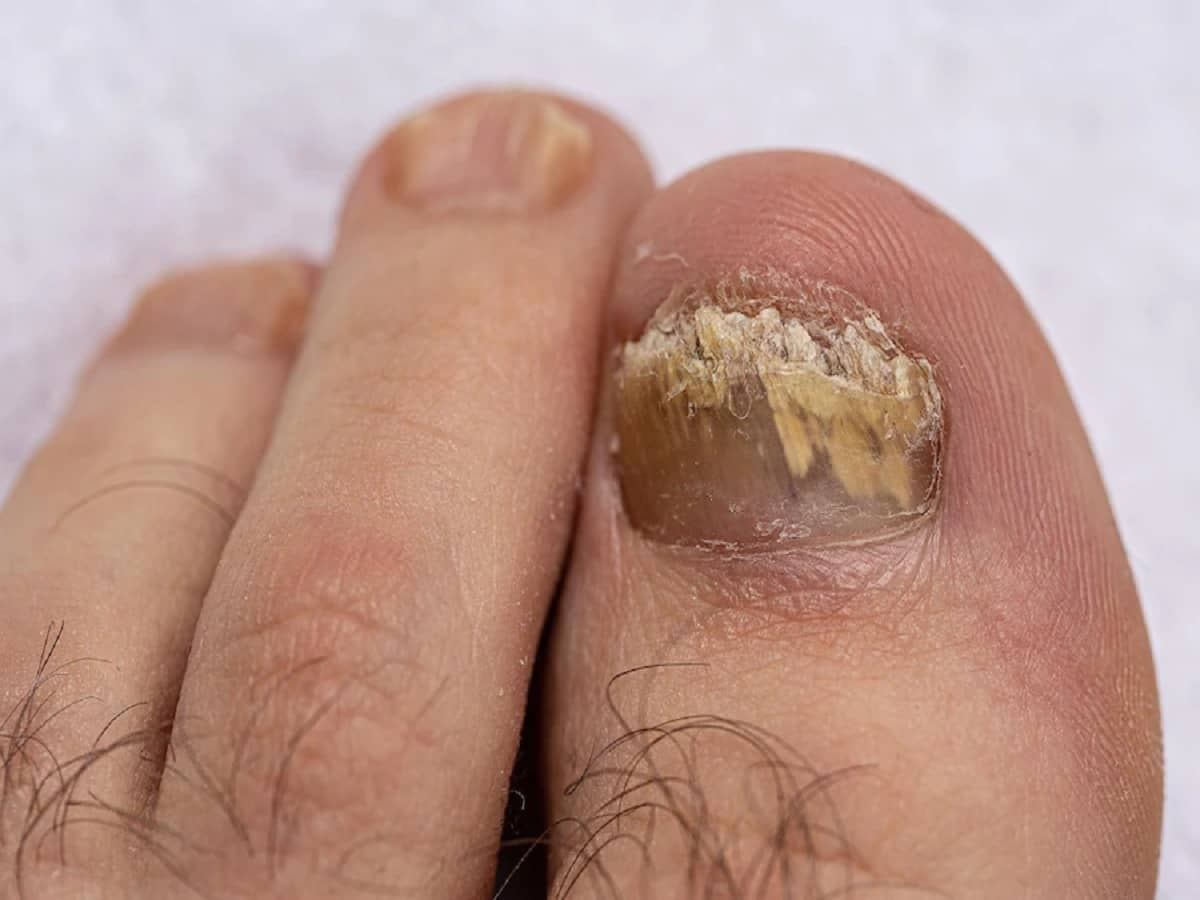
You might be surprised to find out that your snoring problem is a result of allergies. Even if you do not typically have allergic reactions, they can show up during the night whenever we are breathing more deeply.
Snoring can be a rather difficult thing to put up with, regardless of the fact if you are the person that is snoring or if you are someone that has to listen to it. It can go much further than just being annoying.
Certain types of snoring, such as sleep apnea, can cause a medical condition that actually brings on death in some instances. Sleep apnea is a serious sleep disorder, and its hallmark is loud, frequent snoring is linked to intermittent brief pauses in breathing while sleeping.
However, not everyone who snores has sleep apnea, but people who have sleep apnea typically do snore loudly and frequently.
That is why it is important for you to identify any hidden allergies that would cause you to snore. Not only will it help to keep away more serious problems such as sleep apnea, but it will also help you and the people that you care about get a good night’s sleep.
Hidden allergies that can trigger snoring
The most important place for you to begin looking for these hidden allergies is the place where you sleep. The reason is that whenever we sleep, we tend to breathe much deeper and this pulls the allergens further into our nasal passages and lungs.
So, it is also important for you to look for allergies and places outside of the sleeping area but to begin with, you should confine them to the area in which you sleep.
Pet Dander
Allergic reactions to pets are far more common than most people think. Even if you do not typically have a difficult time with your animals, deeply breathing at night can cause you to snore as a result of an allergic reaction. Remove the pet from your bedroom and buy an air filter. This will help with snoring problems in most cases.
Pollen
Most people realize that they have some problems with pollen allergies but few of them make that connection between this type of allergen and snoring. During the day, our hair acts as a magnet for this type of pollen and if you don’t wash your hair, you are going to transfer the pollen from your hair to the pillow and then breathe the pollen directly off of the pillow. Take the time to wash before going to bed and you may be able to reduce your snoring considerably.
Creams
Many of us apply creams and lotions before going to bed in order to help with our skin. If we are doing this on our own skin or if somebody that we sleep with is doing this, it may cause an allergic reaction. The easiest way for you to test for this type of allergic reaction is to remove it for a night or two and see if the snoring ceases.
Detergents
You might think that you are doing yourself a large favor by keeping your sheets cleaned regularly but if you are allergic to the detergent, it can cause a lot of problems. Try switching to a hypoallergenic detergent that is also for sensitive skin. You might be surprised to find out that the problem disappears soon after the switch is made.
With almost any type of allergy, it is a good idea for you to run a high-quality air filter in your bedroom. After just one or two nights of running this filter, you should begin to notice a difference in the way that you sleep and how good you feel when you wake up.
VISIT OUR ONLINE STORE FOR QUALITY:| HEALTH PRODUCTS @ AMAZING LOW PRICES









